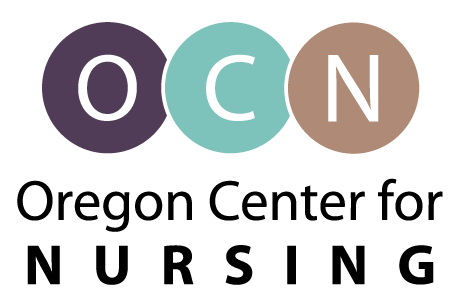Hospital | Portland, OR
Abstract
Problem: The ongoing COVID-19 pandemic has impacted nurse well-being, with the most prevalent psychological impacts being emotional distress, anxiety, and depressive symptoms. Additionally, the pandemic has led to increased sense of social isolation and loneliness. In response, healthcare organizations have developed wellness programs aimed at these areas of distress. However, many of these programs are designed around individual “self-care” well-being strategies, potentially compounding the experience of isolation. Proposed Solution: This project aims to improve nurse well-being through a social support focused Peer-Facilitated Peer Learning Circle (PLC) model. Moving from a “self-care” philosophy of wellness to a social support philosophy shifts the responsibility for improved well-being from the individual to the collective. Eight clinical nurses will be trained as Peer Facilitators to facilitate Peer Learning Circles of clinical nurses. The circles will consist of up to eight clinical nurse participants and two Peer Facilitators. A PLC Cohort will meet for 1-hour sessions nine times over six months. Peer Facilitation of the PLC will focus on emotional regulation and sense-making as the participants discuss distress as a group. This project will also develop flexible resources, as trained Peer Facilitators can move across areas of the organization in times of stress to support areas of need. Participant Information: The target location is OHSU hospital, OHSU emergency services, OHSU ambulatory services, and OHSU Doernbecher Children’s hospital. The target audience is clinical nurses in these specific divisions: Adult Acute Care, Adult Critical Care, and Adult Perioperative/Procedural Nursing Services; Emergency Services; Ambulatory Services, including Home Health; Women and Children’s Services, including Labor & Delivery, Pediatric Acute Care, Pediatric Critical Care, and Pediatric Perioperative & Procedural Care. Assessment and Evaluation: Utilizing both the Mayo Well-Being Index survey and the Perceived Cohesion survey (with subscales of morale and belonging), there will be pre-intervention, post-intervention, 6-month post-intervention, and 12-month post-intervention surveys. Analysis of variance will be used to determine change over time in well-being and perceived cohesion. Learnings will be shared with the OHSU Nursing Leadership Development Program and the OHSU Well-being Taskforce for partnership in ongoing and sustainable organizational approaches to well-being at work.
